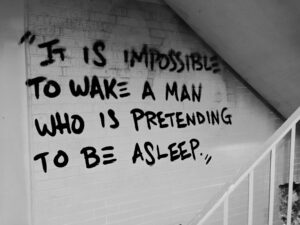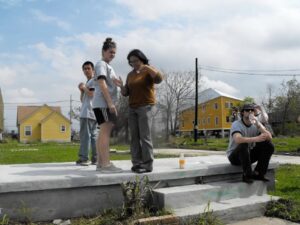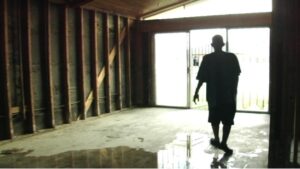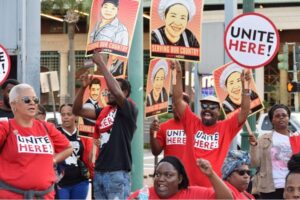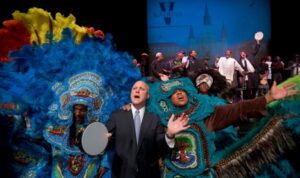
When the Investor Class Goes Marching In: Twenty Years of Real Estate Development, Privatization and Resiliency in New Orleans
What the storm and the sheer devastation wrought in its wake made possible was the consolidation of this ideological transformation virtually overnight—as city boosters, public officials, wealthy developers, private contractors, multinational hotel chains, anti-poverty researchers, entertainment conglomerates, and charter school advocates coalesced to promote a vision of wholesale privatization.

